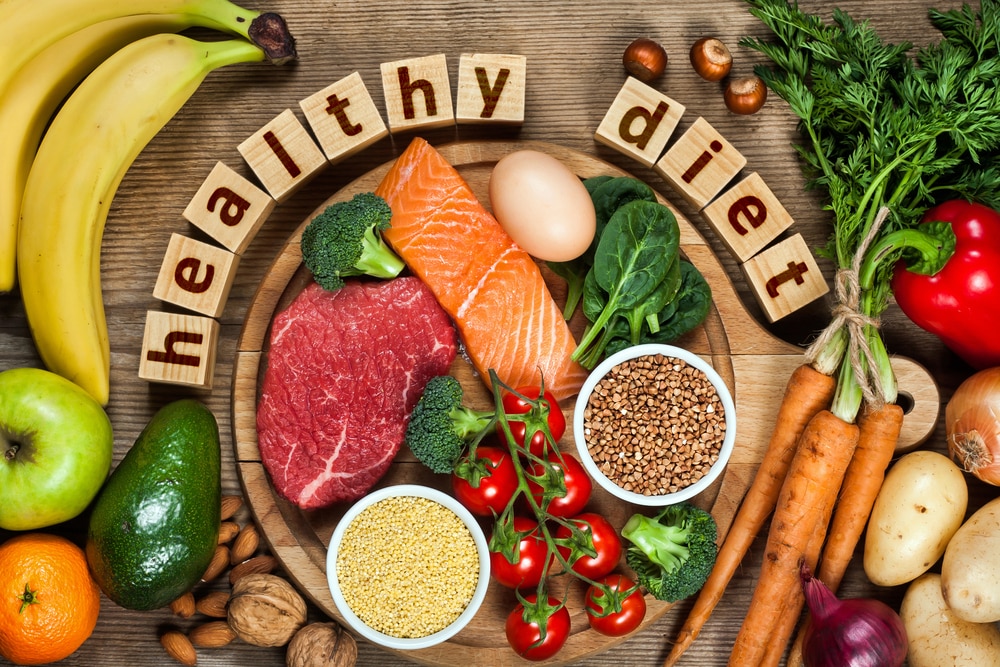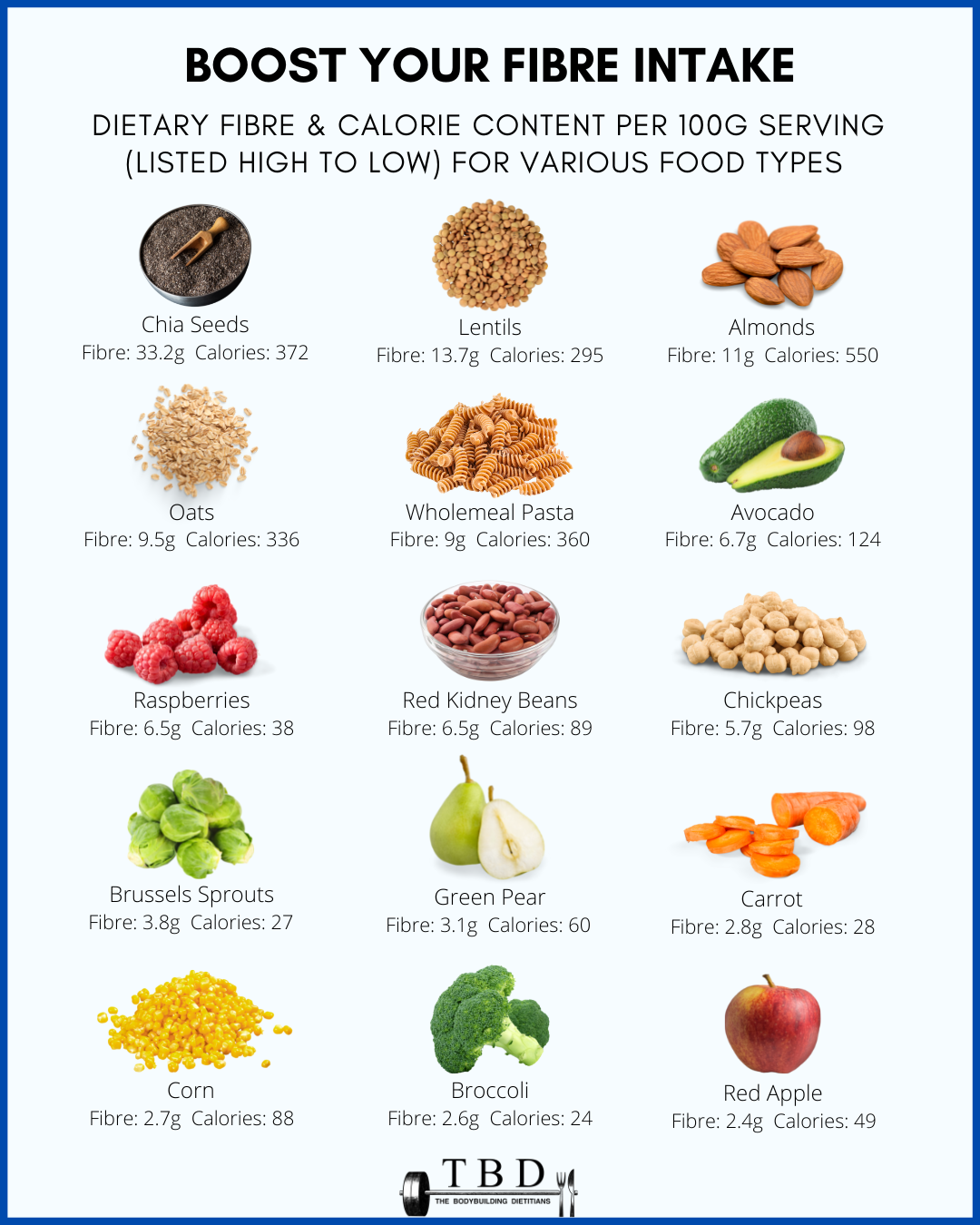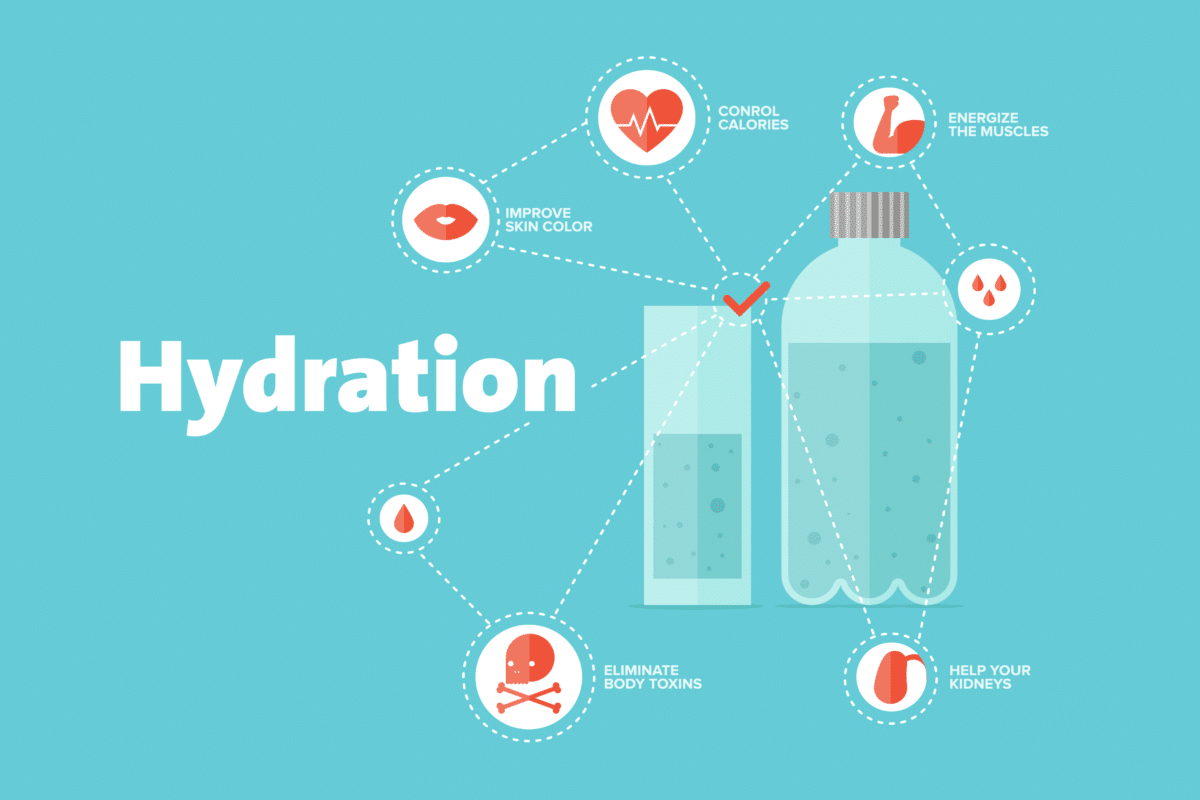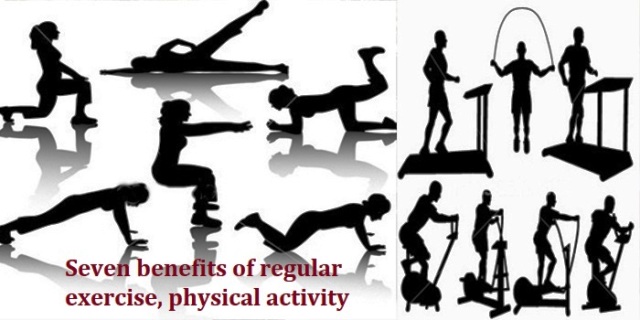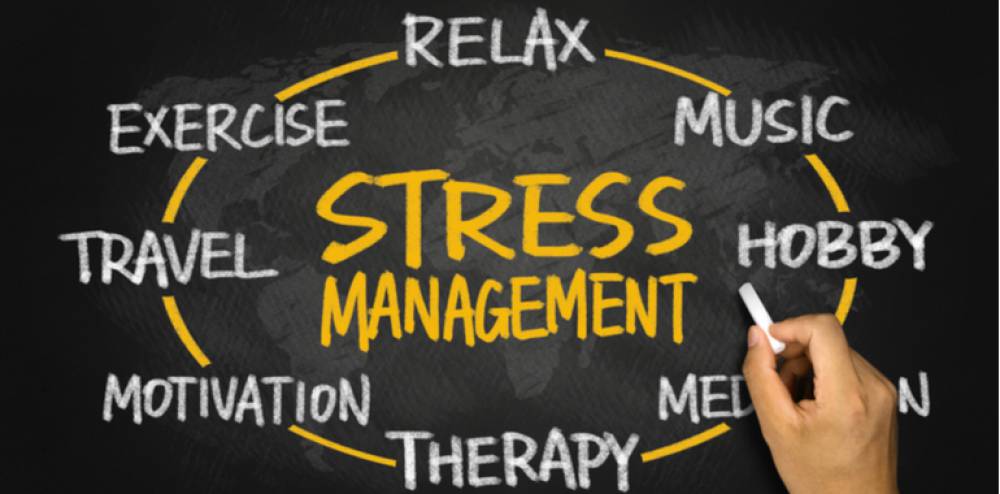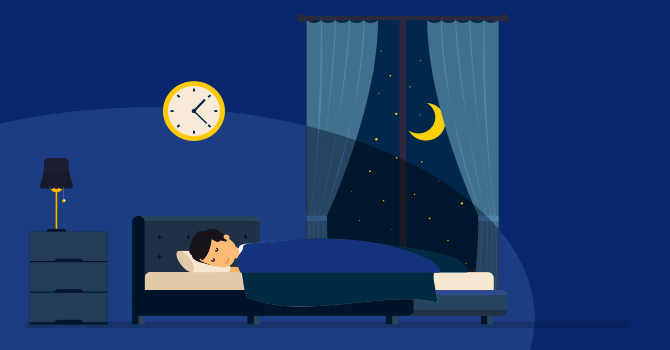.Avoid Smoking and Excess Alcohol:
How To Control Mind
The concept of "controlling" the mind is often associated with practices related to mindfulness, meditation, and self-awareness. While it's important to note that complete "control" over the mind might not be attainable in the traditional sense, there are techniques and practices that can help you manage your thoughts, emotions, and mental well-being:
1. Meditation: Regular meditation can help you become more aware of your thoughts and feelings, allowing you to observe them without getting caught up in them. This practice can promote a sense of calm and focus.
2. Mindfulness: Mindfulness involves paying deliberate attention to the present moment without judgment. It can help you become more aware of your thoughts and reactions, which can lead to better control over impulsive or negative responses.
3. Breathing Exercises: Deep breathing exercises, like diaphragmatic breathing or the 4-7-8 technique, can help reduce stress and anxiety, allowing you to gain better control over your emotional state.
4. Journaling: Writing down your thoughts and emotions in a journal can provide clarity and help you understand patterns in your thinking. This can be a step toward managing and redirecting your thoughts.
5..Positive Affirmations: Repeating positive statements can influence your subconscious mind and counteract negative self-talk. Over time, this can help you shift your thought patterns.
6.Physical Activity: Regular exercise has been shown to improve mood, reduce stress, and promote mental well-being, indirectly contributing to a sense of control over your mind.
7. Limit Distractions: Minimize distractions from electronic devices and constant stimuli, which can help you focus your mind on the present moment and improve concentration.
8. Seek Professional Help: If you find it challenging to manage your thoughts or emotions on your own, consider seeking guidance from a mental health professional. They can provide strategies tailored to your specific needs.
9.Practice Gratitude: Regularly reflecting on what you're grateful for can shift your focus away from negativity and help you maintain a more positive perspective.
10. Mindset Shift: Work on changing your mindset from a fixed mindset (believing you can't change) to a growth mindset (believing you can learn and improve). This can empower you to actively work on managing your thoughts and reactions.
11 Strange But True Health Tips :-
The very mention of health tips brings to mind the regular ideas – drinking hot water, avoiding junk food, sleeping on time and so on. But these are the conventional ones and are done to death. No, we are not saying that these are not effective anymore, they are! But in this article, let us look at health tips that are unconventional; tips that might seem counterintuitive to you, even funny! They may be strange health tips but super useful! The following health tips might leave you a little confused, but they do work:So, let us look at 11 strange-but-true health tips:
Health Tip #1 Want to nap better? Just drink coffee!
According to the Japanese, they conducted a survey where people took coffee naps, i.e. by consuming 200 mg of coffee and then take a 20-minute power nap or rest. These people felt more alert and did well on their tests. But isn’t drinking coffee supposed to keep you wide awake? When one consumes coffee, the caffeine kicks in and clears the adenosine, a molecule in the brain that triggers alertness. So, when Adenosine levels increase, they make one more tired. Therefore, napping at this time helps to flush out the adenosine and drinking coffee, reduces the effect of the molecule further. This results in better naps!
Health Tip #2 Want beautiful pearly whites? Don’t brush your teeth right after you eat!
Au contraire to what people say, don’t brush your teeth right after you eat or drink. This holds true for when you have just had foods that are acidic – citrus fruits, health drinks, soda and tomatoes, etc. It softens the teeth enamel and brushing can chip it off. It may also erode the layer beneath it. It is best to wait for at least half an hour before brushing.
Health Tip #3 Want to be a size smaller? Put on weight!
Befuddled? Well, putting on weight to get into a smaller size means merely to put on muscle weight. This is apparently possible because a pound of fat and a pound of muscles weighs the same, but muscle takes up less space. So, if you have bigger muscles, even though your weight may be the same, your clothes size may be smaller.
Health Tip #4 To eat less, eat more
Are you someone who believes that eating a small packet of chips or pretzels or a tiny slice of cake will not affect their diet or harm their weight? But these sweet and salty snacks only make you hungrier and you end up eating more as the small amounts of carbs spike your blood sugars and leave you hungry. Therefore, it is essential to have a protein-rich snack or meal such as paneer chat or lentil soup. These may be higher in calories, but the quality of consumption becomes less as the protein and fat help you satiate hunger faster and feel fuller.
Health Tip #5 Tired? Stay away from energy drinks.
Befuddled? Well, putting on weight to get into a smaller size means merely to put on muscle weight. This is apparently possible because a pound of fat and a pound of muscles weighs the same, but muscle takes up less space. So, if you have bigger muscles, even though your weight may be the same, your clothes size may be smaller.
Health Tip #4 To eat less, eat more.
Are you someone who believes that eating a small packet of chips or pretzels or a tiny slice of cake will not affect their diet or harm their weight? But these sweet and salty snacks only make you hungrier and you end up eating more as the small amounts of carbs spike your blood sugars and leave you hungry. Therefore, it is essential to have a protein-rich snack or meal such as paneer chat or lentil soup. These may be higher in calories, but the quality of consumption becomes less as the protein and fat help you satiate hunger faster and feel fuller.
Health Tip #5 Tired? Stay away from energy drinks
There are umpteen reasons why we reach out to grab an energy drink. What we don’t realize is that an energy drink has at least five times more caffeine than coffee. The energy boosts they give us are fleeting and pass soon. But these are not without side effects namely irritability, palpitations, increased heartbeats and nervousness. These drinks also contain very high levels of taurine – a stimulant for the central nervous system and 50 gms of sugar per can/bottle. The sweet juice or aerated drink will spike your blood sugar levels, give you an energy rush but crash soon, leaving you tired and dizzy.
Health Tip #6 Feeling bloated? Drink water.
Raised your eyebrow, have you? Water and bloating go hand-in-hand, no? Not all the time. If you are someone who has a higher intake of fibre, then you need more water intake to make your body work more efficiently. Water blends in with fibre that is water-soluble and converts it into a gel-like substance. This can affect the motility of the gut and help to reduce bloating. Also, dehydration can cause bloating as in the absence of adequate water, the water holds back the reserved liquid and makes one bloated.
Health Tip #7 Say no to soda
Drinking soda should be strictly prohibited if one wishes to lose weight. In fact, it should not be a part of any diet. A recent research study conducted at the John Hopkins Bloomberg School of Public Health revealed that adults who were obese and drank aerated beverages often consume more calories. Also, the idea of low sugar, sugar-free or low-fat means fewer calories, but that’s not true. In processed foods, when sugars are cut down, a replacement is added.
Health Tip #8 Feeling hot? Drink chai.
Ever wonder why our parents prefer chai over a cold coffee even on a summer afternoon? It is because it helps to cool down – when one sips hot chai or coffee, the body senses a change in the temperature and this makes one sweat. As the sweat evaporates, the body cools down.
Health Tip #9 Tired? Exercise!
Think we have gone cuckoo in the head? When you feel tired and are exhausted at the end of a long day, it is the best time to exercise. This is because sweating it out will energize you. It also helps to keep depression and fatigue at bay. Read more on the health benefits of exercise
Health Tip #10 Wish to improve your brainpower? Maintain a journal.
During meetings or lectures, often people take notes, i.e. they handwrite in their diaries. This helps people remember more. It also means that the information has been processed and the process of learning has begun.
Health Tip #11 Say no to antibacterial soaps
This goes against everything we have ever learnt about cleanliness and hygiene, isn’t it? Apparently, even though people use antibacterial soaps to wash their hands, it doesn’t necessarily reduce the risk of bacteria affecting us or preventing illnesses. In fact, there is no proper evidence for this claim. Also, these antibacterial soaps may contain triclosan which in the long term can cause hormonal imbalance.
Health Tip #12 Ditch Soda, yes even the diet ones to lose weight.
It is always a good idea to avoid all sodas, including diet ones. Researchers from the Johns Hopkins Bloomberg School of Public Health found that obese and overweight adults who drank diet beverages consumed more calories from food than those who drank regular soda. An additional study conducted at the University of Texas found that diet soda drinkers gained approximately 70% more weight over 10 years than non-drinkers.
Goodson explains that many people believe that a product labelled as ‘low-fat,’ ‘low-sugar,’ or ‘light’ means lower calories, but this is not always the case. The manufacturers typically add something like an additional or alternative of sugar when they take out an ingredient and the end result is just as tasty.
Please note: Images used in the article are for editorial representation only. Source: Google.
Disclaimer: The information included at this site is for educational purposes only and is not intended to be a substitute for medical treatment by a healthcare professional. Because of unique individual needs, the reader should consult their physician to determine the appropriateness of the information for the reader’s situation.
How To Get Fit In 30 Days :-
Getting fit in 30 days requires dedication, a well-rounded approach, and consistency. While significant transformations might take longer, you can make positive changes in a month. Here's a general plan to help you get started:
1. Set Clear Goals:
Define specific fitness goals, such as losing weight, gaining muscle, improving cardiovascular endurance, or overall wellness. Make your goals realistic and achievable within the 30-day timeframe.
2. Create a Workout Plan:
Incorporate a mix of cardiovascular exercises (like running, swimming, or cycling), strength training (using bodyweight or weights), and flexibility exercises (such as yoga or stretching). Aim for at least 150 minutes of moderate-intensity aerobic activity or 75 minutes of vigorous-intensity aerobic activity each week, along with muscle-strengthening activities on 2 or more days.
3. Plan Your Diet:
Focus on whole, nutrient-dense foods, including lean proteins, vegetables, fruits, whole grains, and healthy fats. Control portion sizes and avoid excessive consumption of sugary, processed, and high-calorie foods.
4. Stay Hydrated:
Drink plenty of water throughout the day to stay hydrated, support metabolism, and aid in workouts.
5. Get Adequate Sleep:
Aim for 7-9 hours of quality sleep each night. Sleep is crucial for recovery and overall well-being.
6. Monitor Progress:
Keep a journal or use a fitness app to track your workouts, meals, and progress. Take measurements or photos to visually track changes in your body over the 30 days.
7. Stay Consistent:
Stick to your workout and nutrition plan consistently throughout the month. If you miss a day or encounter setbacks, don't get discouraged. Just get back on track.
8. Get Support:
Consider working out with a friend or joining fitness classes to stay motivated. Seek advice from a fitness professional or a registered dietitian if needed.
9. Stay Positive:
Focus on the positive changes you're making and celebrate your achievements, no matter how small.

